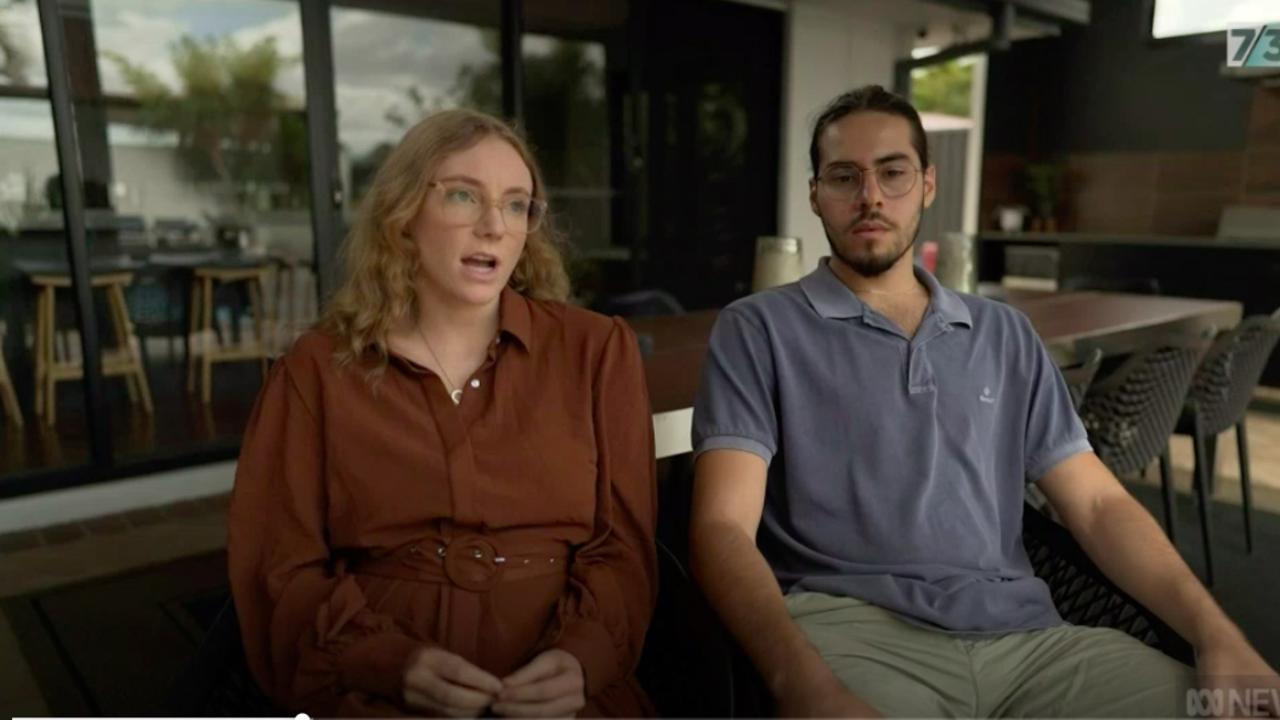
A Queensland couple have revealed they lost a total of $110,000 in a cryptocurrency scam – part of a crippling trend that has “exploded”.
A Queensland couple have detailed how they lost a total of $110,000 in a cryptocurrency scam – part of a crippling trend that the Australian Federal Police (AFP) warn “exploded” during the pandemic.
New figures from the Australian Competition and Consumer Commission showed a 172 per cent increase in cryptocurrency losses between January and November this year, totalling $109 million.
The rise in crimes, Avast cyber security expert Stephen Kho told News Corp Australia, highlight how careful Australians should be about investing in anything online but particularly cryptocurrency, which did not offer the same security as a standard financial transaction.
“Blockchain technology is hard to trace and hard to track, whereas if someone steals your credit card number and they report it you might get the money back,” he said.
“With cryptocurrency, if they steal the money, it’s gone.”
Two people familiar with the reality of that situation are Emma Robinson and Hugo de Meira Quintao – who by the beginning of this year had saved more than $110,000, having long dreamt of buying their own home.
Before diving into the property market, though, 24-year-old Hugo had been investing in stocks, and began looking for other options to increase his initial house deposit.
When he received an unsolicited phone call one day – from someone posing as an investment manager from Irish brokerage Druid ICAV, offering him shares in Airbnb – that’s when the scam began, the couple told the ABC’s 7.30 on Tuesday night.
Using its own fake website and investment platform, the scammer had cloned the name and address of Druid ICAV, and mirrored real-time vents, including an initial public offering of a major cryptocurrency exchange.
Hugo put in $7000 to “test out” the trading platform, and when it updated “matched all the real world events”, “it looked really real, and I believed it”.
When the scammers then offered him fake shares in well-known international cryptocurrency exchange Coinbase, he “read up on it [and] Coinbase had been doing really well, and all the information they gave us mirrored what was happening in real life”.
After Hugo put money into the Coinbase launch, Emma decided to invest as well.
“I thought it was all legit as well, and I saw Hugo was doing really well,” the 25-year-old said.
“You hear a lot of success stories with crypto. A lot of people make, you know, 2000 per cent on their money in a couple of months. It’s not unheard of.
“I initially invested just under $50,000 and then I ended up putting in another $15,000 as well.”
When Emma tried to make a third investment of $7000 in Coinbase shares, though, the transaction didn’t go through – with the couple later finding out the scammers had closed their accounts.
At the same time, Hugo was beginning to question their investment with Druid ICAV – which the Central Bank of Ireland later issued a warning about scammers posing as, several months after the couple invested.
Increasingly suspicious about the scammers’ accents, Hugo got his family lawyers involved, who “called the lawyers of the real company”.
“And then that’s when they told us that the website we’ve been using isn’t their website,” he said.
The couple – who never heard from the scammers again – lost of a total of $110,000.
“I think we were really upset and angry at ourselves because we kind of let it happen and we invested so much when we shouldn’t have,” Emma said.
Hugo said the couple documented their experience in a cyber fraud report lodged with police and their banks, but it led nowhere.
“From what we’ve learnt, there’s kind of a loop in the system like the criminals know that once the money is sent overseas, it’s no longer investigated,” he said.
“And so that’s why they’re targeting Australians because they know that they can get away with it.”
ACCC deputy chair Delia Rickard said investment scams were “more prevalent than ever”, and cryptocurrency was being exploited to lure victims.
Speaking to the ABC, AFP Cybercrime Commander Chris Goldsmid said his force was increasing its resources to track down the perpetrators.
“We see a range of criminal groups behind these scams, and [many of them] originate offshore,” he said.
“That’s why we work very closely with our international partners to investigate those matters and share intelligence and evidence with our foreign law enforcement partners to take action.
“Early reporting is absolutely critical, reporting it to your financial institution or your bank, and then reporting it through Report Cyber increases the chance that money can be recovered and action can be taken by law enforcement.”
This news is republished from another source. You can check the original article here

Be the first to comment